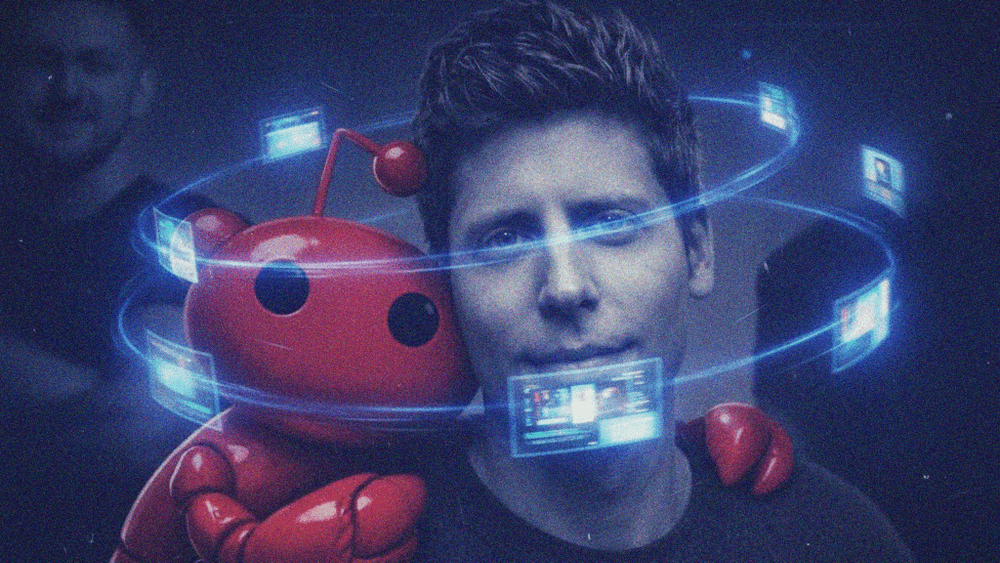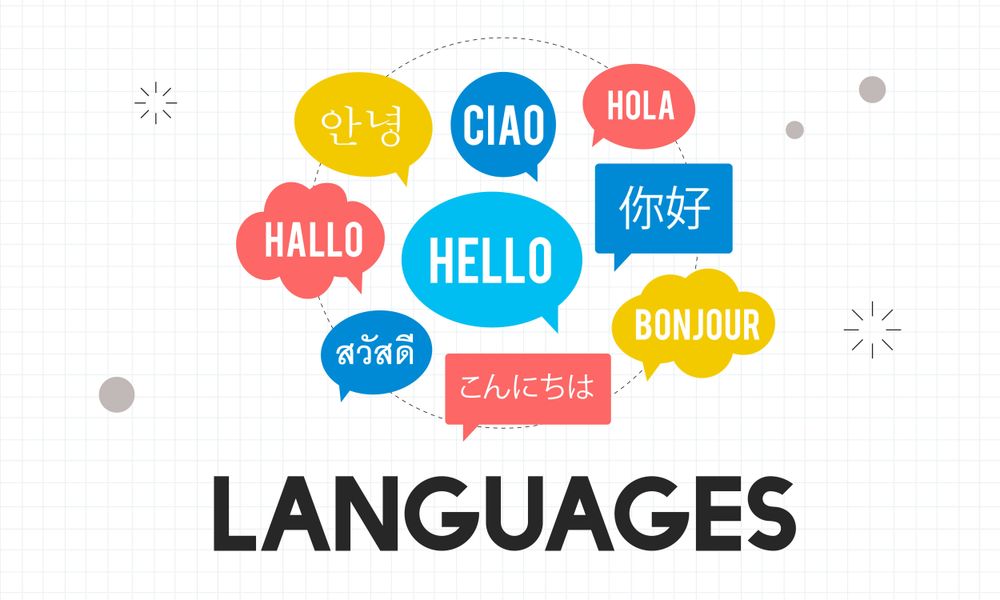Despite the different views on artificial intelligence, we can all agree on one thing: AI has undoubtedly influenced the education sector. One clear example of this transformation is the emergence of AI tutors in higher education.
In this article, we’ll discuss what AI tutors are, analyze their current situation, and explore their impact on higher education. While we’re at it, we’ll also weigh the pros and cons of using AI mentors and delve into their potential future developments.
What Exactly Is An AI Tutor?
An AI tutor, as its name suggests, is an advanced educational tool that uses artificial intelligence algorithms to replicate human tutors. Put simply, using cutting-edge technology, AI-powered virtual tutors provide personalized and adaptable learning experiences, much like the way human tutors do.
These virtual instructors have been designed to understand and adjust to the unique learning styles of every student. They’re also equipped with natural language processing abilities, enabling students to interact through text, voice, or virtual reality. With access to extensive educational databases and resources, AI tutors can provide immediate feedback, remedial instruction, and customized learning experiences. In a nutshell, the rise of AI-based tutors only proves that technology has really changed the way of learning and education.
4 Top AI Tutor Apps Transforming Higher Education
Discover the progressive digital tutors that are transforming higher education. These platforms are leading the way in reshaping learning experiences for students across diverse disciplines.
TeacherAI
AI-Pro’s TeacherAI is designed to reshape students’ learning experience. Acting as a virtual teacher, this tool answers questions and engages students with open-ended questions. Users can also customize voice settings, making your learning experience truly personalized and engaging. Thanks to its Automatic Speech Recognition feature, communicating with this AI-powered tool is seamless and intuitive.
Try Teacher AI NowJulian™
Julian™, the Walden AI tutor, utilizes Google Cloud’s AI and machine learning to enhance students’ understanding of concepts. The tool encourages personalized learning and mastery through engaging educational activities.
This advanced technology actively engages students in dialogue through chat functionality. This digital tutor also evaluates student responses and provides feedback accordingly. Additionally, it offers four different learning activities: choosing facts, answering questions, practicing paraphrasing, and taking notes.
Squirrel AI
Squirrel AI, developed by Yixue Group, offers a student-centric, intelligent, and personalized education. This tool creates customized lesson plans for each student using artificial intelligence. Their AI system acts as a simulated teacher, providing more efficient one-to-one tuition compared to traditional methods.
Moreover, Squirrel AI seems to specifically target teaching areas that are typically considered difficult to understand. What’s even better is that they provide affordable after-school tutoring.
Duolingo
Duolingo is a popular language-learning platform that offers an engaging and interactive way to acquire new language skills. Utilizing a gamified approach, Duolingo incorporates lessons and exercises that cover vocabulary, grammar, and pronunciation for various languages. The platform is accessible to users worldwide through its user-friendly app and website, allowing learners to practice languages at their own pace. With its emphasis on bite-sized lessons, Duolingo provides an effective and enjoyable language-learning experience for beginners and advanced learners alike.
Present Situation Of AI Tutors And Its Impact On Higher Education
Currently, universities and colleges are exploring the use of AI tutors to improve the learning journey of students. This is because these advanced tools can bridge the gaps and address the challenges that traditional education systems face. In fact, according to reports, AI tutoring is now outperforming human tutoring.
These automated educators offer personalized learning experiences to students, catering to their individual needs and abilities. They can adaptively monitor students’ progress, identify knowledge gaps, and provide additional materials to ensure comprehensive understanding. This level of personalization leads to improved academic performance and increased student engagement.
Furthermore, AI tutors make education more accessible. They let students learn anytime and anywhere and provide access to educational resources beyond the confines of physical classrooms.
Institutions also benefit from the implementation of AI tutors. For one thing, these digital tutors lessen the workload of educators. Additionally, they can help analyze student data and generate valuable insights that aid in curriculum improvement and individualized learning plans.
Futuristic Learning: The Evolution Of AI Tutors In Higher Education
The power of AI cannot be denied. As technology continues to evolve, so too will the capabilities of AI-powered tutors. The integration of digital tutors could become more scalable, offering comprehensive educational support to a larger student population. This possible transformation suggests a future where AI tutors create a more personalized, adaptive, and technologically advanced learning environment.
Current AI tutoring apps are mainly focused on text-based interactions at present. However, it’s expected that the interfaces and visualization features of these systems will progress further in the future. One possible future development is the integration of augmented reality (AR) and virtual reality (VR) into AI tutoring systems. This advancement would create immersive learning experiences, allowing students to interact with virtual environments and simulations.
Additionally, AI tutors may incorporate more advanced natural language processing algorithms. enabling them to conduct more sophisticated conversations with students. These tutors could recognize nuances in speech patterns, emotions, and intentions.
Furthermore, as AI technology improves, the cost of implementing AI tutors is likely to decrease. This could result in broader accessibility to AI tutoring systems, making education available to students across all socioeconomic backgrounds.
The Advantages And Challenges Of AI Tutors In Higher Education
Before fully embracing virtual tutors, it’s crucial to consider both the advantages and disadvantages they bring to higher education.
On a positive note, AI tutoring systems can customize learning experiences and increase accessibility to educational resources. They’re also available round the clock, providing students with assistance whenever they need it. AI tutors can also provide immediate feedback on assignments and assessments. This helps students to understand their mistakes quickly and learn from them.
However, the application of AI tutors in higher education also raises concerns. Some argue that the lack of human interaction in the learning process may hinder the development of social and emotional intelligence. While these advanced tools offer personalized learning experiences, they cannot replace the importance of human connection and social interaction. Additionally, there are concerns regarding data privacy and security, as AI tutors collect vast amounts of sensitive student information.
Addressing these challenges and finding feasible solutions will contribute to the successful integration of AI tutors in higher education, maximizing their benefits and minimizing their drawbacks.
Embrace The Future Of Learning With AI Tutors
As AI tutors become more accessible, institutions, educators, and learners must work together in shaping the future of education. By leveraging the advantages and addressing the challenges, we can create a learning environment that effectively combines technology with human interaction.







